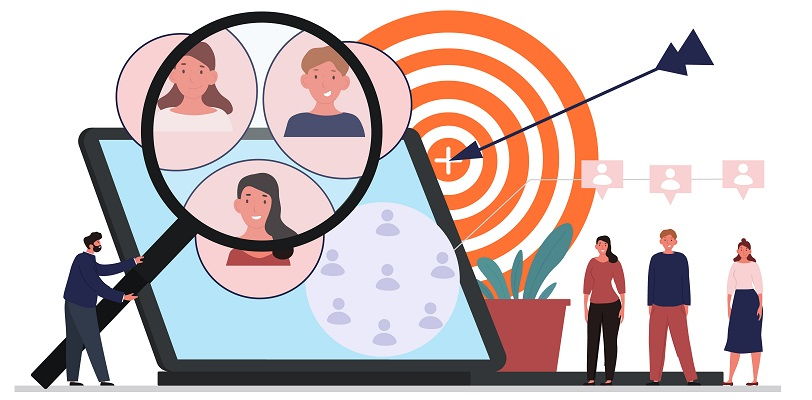In a rapidly changing marketing landscape, consumer segmentation has long been a cornerstone of effective targeting. However, a recent survey reveals that a significant majority of UK marketers now question the relevance and effectiveness of this traditional approach. This article delves into the survey findings and explores the complexities of evolving consumer behavior, introducing an innovative concept called “segment by situationship.” Additionally, it highlights the gaps in data management strategies within brands, emphasizing the importance of leveraging data for a comprehensive understanding of customers.
Consumer Segmentation: Outdated Method?
Consumer segmentation has traditionally served as a vital tool for marketers to understand their target audience and deliver tailored messages. Surprisingly, survey findings indicate that 61% of UK marketers now perceive consumer segmentation as an outdated practice. Even more striking, an overwhelming 63% consider it unfit for purpose. These statistics underscore growing concerns about the limitations of traditional segmentation methods.
Challenges Faced by Marketers in Targeting Audiences Effectively
Despite the recognition of segmentation’s inadequacy, 86% of respondents update their customer segmentations at least every two years. However, a considerable 56% of marketers continue to struggle with effectively targeting their audiences. This discrepancy calls for a closer examination of the factors contributing to the difficulties encountered in reaching consumers with relevant messages.
Evolving Consumer Behavior
Consumer behavior has become increasingly complex since the advent of the pandemic. With easy access to vast amounts of information and a wide range of choices, it has become challenging to categorize consumers into a single segment. Shifting priorities, evolving needs, and fluctuating circumstances have resulted in a dynamic consumer landscape. Consequently, 73% of marketers agree that consumers are continuously evolving and resisting categorization.
Introducing “Segment by Situationship”
Recognizing the limitations of traditional consumer segmentation, Treasure Data proposes a fresh approach called “segment by situationship.” This innovative concept involves leveraging first-party data to segment consumers based on momentary mindsets. Situationships are derived from an individual’s current mood, needs, priorities, and circumstances, offering a more nuanced understanding of consumer behavior.
Fluctuating Mindsets and Behavioral Traits
Situationships capture the transient nature of consumer behavior, as individuals seamlessly transition between different mindsets. These mindsets are shaped by numerous behavioral traits, such as browsing patterns, purchase history, social media interactions, and contextual factors. By tapping into these ever-changing mindsets, marketers can gain insights into consumers’ real-time needs and adapt their messaging accordingly.
Data Management Gaps
The survey highlights significant gaps in data management strategies among many brands. A staggering 64% of marketers admit that data blind spots prevent them from obtaining a comprehensive picture of their customers. This data deficiency hampers marketers’ ability to effectively segment and target their audiences, leading to missed opportunities for engagement and conversion.
Consumer segmentation, once considered a fundamental aspect of marketing strategy, is facing increasing scrutiny from UK marketers. The intricacies of evolving consumer behavior, exacerbated by the pandemic and the abundance of choices, have led to a widespread perception of traditional segmentation as outdated and inadequate. To navigate these complexities, marketers must embrace innovative approaches, such as segmenting by situationship, that capture the dynamic nature of consumer mindsets. Additionally, prioritizing data management and leveraging first-party data can empower marketers to gain deeper insights into their target customers, shaping effective messaging and experiences that resonate with their ever-evolving needs. As consumer behavior continues to evolve, it is vital for marketers to remain agile and adapt their marketing approaches accordingly to drive meaningful connections with their audiences.

